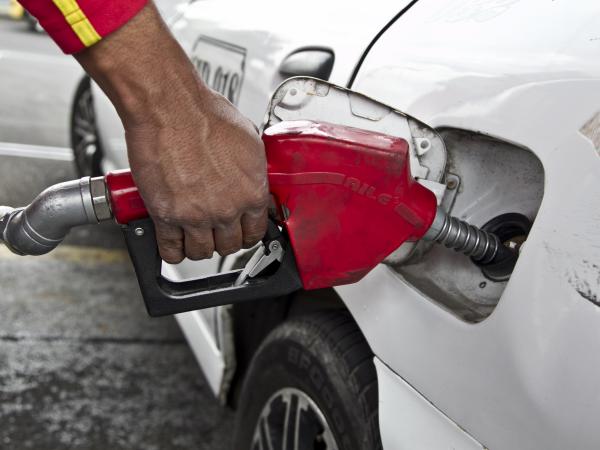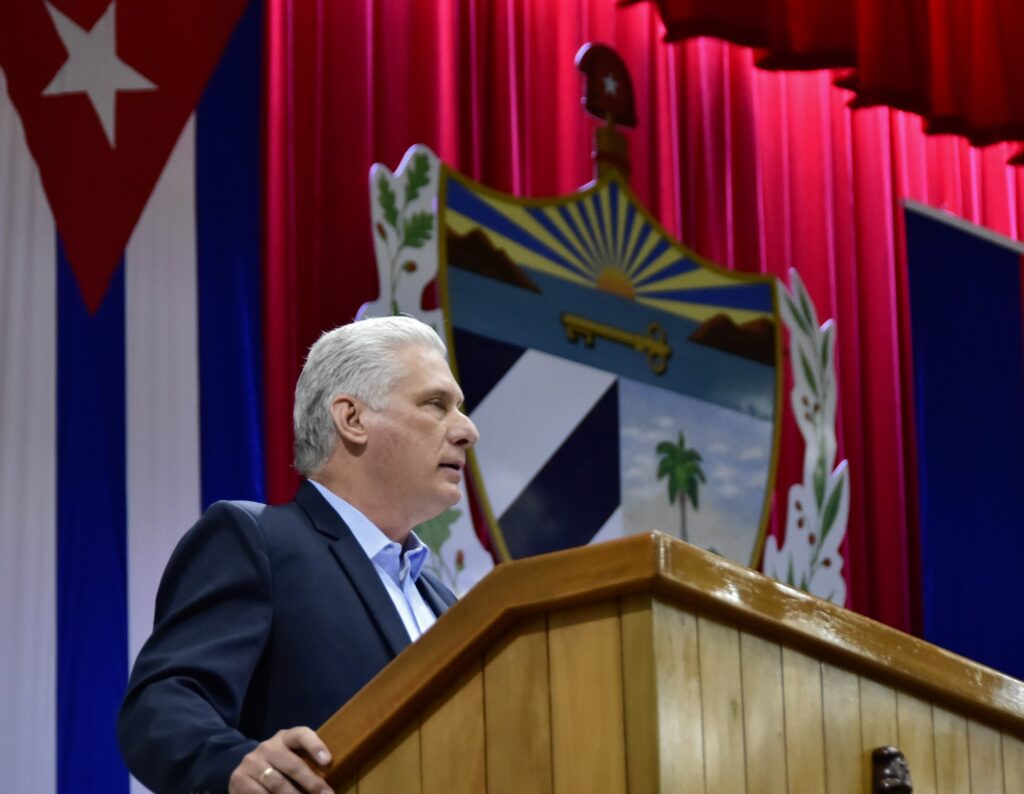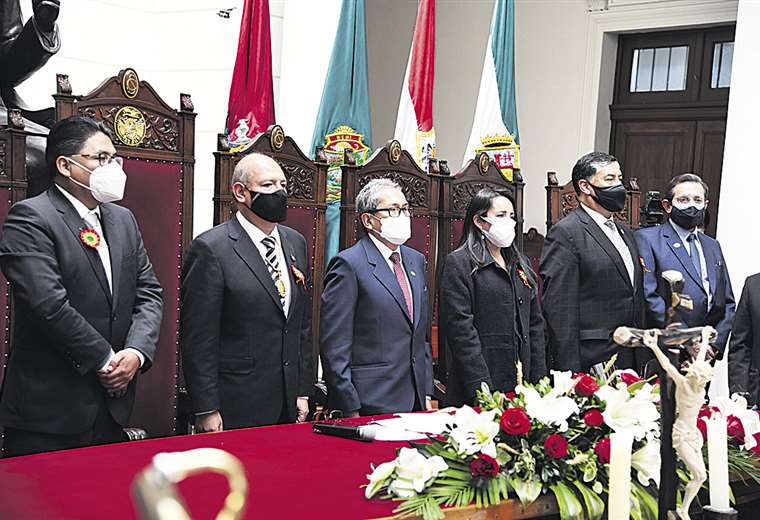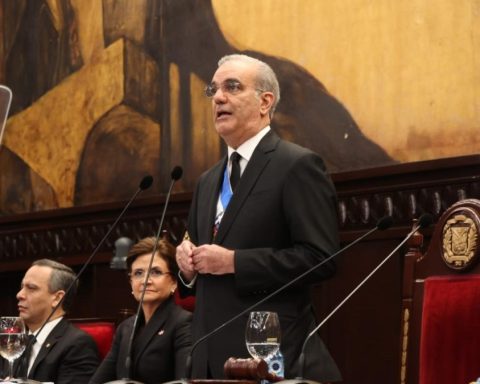In June, the end of the relief in gasoline prices was announced.
(Guilds believe that the rise in gasoline prices will affect the family basket).
With the Fuel Price Stabilization Fund (Fepc), the transfer of fuel price volatility to consumers was avoided. This, through a model where dissaving is generated when crude oil prices are high in international markets and this is offset when crude oil is quoted at low prices. Likewise, the Fund prevents the producer’s income from experiencing considerable fluctuations in the face of any sudden behavior in international fuel prices.
Through this scheme, and due to the international rise, the Fepc accumulated red numbers since its creation in 2007, until 2019, with $14.2 billion in losses. And it is the fiscal deficit that should be compensated by the National Government.
Thus, this model became unsustainable for the State, and in this waythe Ministry of Mines and Energy determined that, as of July, the gallon of diesel and regular gasoline will increase by $150 month after month until the year 2023-2024.
That is why in the 13 main cities the gallon of gasoline went to $9,180 and that of diesel to $9,018.
LAND FREIGHT TRANSPORTATION
The freight transport sector represents 47% of the total demand of the ACPM at the national level, additionally, fuels represent 40.20% of the total operating costs of the sector, for which this increase directly impacted the companies, and in turn, to the finished products they transport.
According to figures from Colfecar, in 2022 there was an increase in the first two months of the year, a rise to $8,982 and $9,152 respectively. And for the month of July, the Acpm price increased again reaching $9,302, which would mean that so far this year it has increased $320.
(Why there is a global shortage of diesel and how it will affect you even if you don’t use it).
With the monthly increase, taking into account the increases recommended by the MFMP, the ACPM price for the closing month of 2023 would be $13,697.
“This increase will undoubtedly have serious pressure on transportation and distribution costs at the national level and therefore on the prices of the basic basket, according to calculations from the Treasury portfolio, it is estimated that for every $1,000 that increases in the price of fuel, the cost of living for Colombians would have an increase of 0.65%”Colfecar assured in a statement.
He also added that to that extent, taking into account the estimates of the Ministry of Finance, If fuel increases by $4,545 and there are no extraordinary changes in other variables, inflation would increase by 2.95 percentage points.
And it is that fuel is not the only input that is on the rise. According to The Index of Costs of Freight Transport by Road (Ictc) of the National Administrative Department of Statistics (Dane), in June 2021, presented a variation of 3.17% that quickly grew to 8.67% as of June 2022.
Among the figures to highlight, in June 2022, compared to December 2021, the Ictc registered a variation of 5.42%. The groups of fuels (1.95%) and parts, pieces, maintenance and repair services (4.30%) presented variation below the national average. On the other hand, fixed costs and tolls (7.40%) and supplies (10.78%) registered variations above the national average.
LAND TRANSPORTATION OF PEOPLE
In the case of transportation to people, although there is still no data on the effect of the rise in fuel in July, in the Dane report, ‘Index of Costs of Intermunicipal Passenger Transport (Ictip)’ It was evidenced that in the last quarter (April-June) the inputs to operate have had an impact on the companies and for this reason, on the price of land travel tickets for passengers.
(Government will cover ‘hole’ in the fuel fund).
In the first place, in the months of April to June the Ictip presented a quarterly variation of 1.41%, compared to the first quarter (January-March) of 2022.
In this report he highlighted the groups of fuels (0.31%), parts, pieces, maintenance and repair services (1.75%), fixed costs (2.17%) and inputs (5.16%).
Regarding this situation, the president of Andemos, Oliverio García, points out that although there are dilemmas in this regard, this situation will be an opportunity to raise the numbers of hybrid and electric vehicles.
“The increase in fuel prices should strengthen the demand for electric and hybrid vehicles; the latter because they improve the performance of fossil fuel consumption and in turn reduce polluting emissions”, Garcia said.
PAULA GALEANO BALAGUERA


















